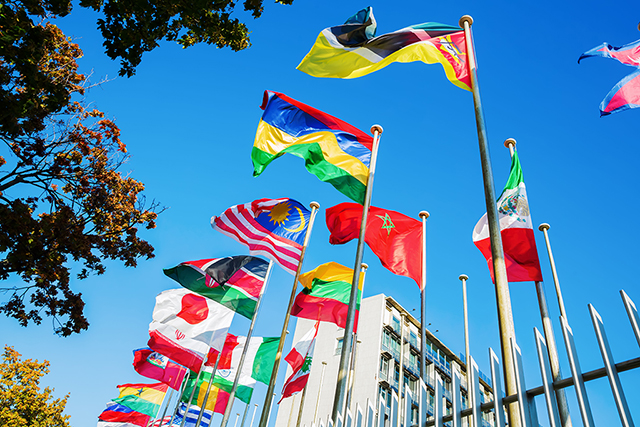Partnership launches in Bangkok to champion international equal access to education
Today, access to inclusive and equitable quality education remains a challenge in many countries, regardless of economic size. Despite past efforts to achieve inclusion and equity in education through the Millennium Development Goals and Education for All initiatives, little has changed over the past three decades. There are still about 258 million children and youth who are out of school worldwide, according to UNESCO Institute for Statistics data for the school year ending in 2018.
Integral to the 2030 Agenda for Sustainable Development and associated SDGs, SDG4 aims to “ensure inclusive and equitable quality education and promote lifelong learning opportunities for all”. In order to provide substantive and technical support to countries that that are committed to addressing exclusion and marginalization, disparities and inequalities in access to education, UNESCO Bangkok and Thailand’s Equitable Education Fund (EEF) have proposed a new international partnership – the Equitable Education Association (EEA).

As a first step, both organizations hosted a launch meeting on 18 and 19 February 2020 in Bangkok. The meeting explored potential collaboration in establishing a network on equity education, which can serve as a technical body to guide countries in fostering equity in their education systems. The meeting was attended by participants from the Ministries of Education and relevant government agencies from Finland, Japan, New Zealand, the Republic of Korea, Thailand and the United States, as well as UNICEF representatives.
The objective was to identify partners, share information and forge a realistic agreement as well as a mutual and flexible commitment. Dr Supakorn Buasai, Managing Director of the EEF, opened the first session by emphasizing the importance of governments’ commitment in promoting equitable education and explaining how the EEF had been established to support Thailand’s commitment in reducing education disparities.
Six participating countries then presented their programmes to narrow gaps in education equity based on their country context. Each programme focuses on special initiatives for disadvantaged groups, such children living in poverty, multicultural (mixed-ethnicity) children, children with disabilities and school dropouts, as well as the particular issues each group faces.
On the second day of the meeting, participants discussed four key components placing equity at the heart of education systems: the legal framework, budgeting and financing, delivery mechanisms, and data and evidence. The group also reviewed the Draft Terms of Reference for the EEA, which outlines the purpose of the strategic alliance, its scope and functions. If the EEA is established, this alliance would 1) facilitate knowledge-sharing about educational policies based on equity-based education via national, regional and international platforms; 2) support the establishment of a model equitable education foundation, which hopefully could be replicated in other regions around the world; and 3) enhance institutional capacities through technical support.
The meeting marked the potential to form an international network for equitable education. Following the launch, the EEF, with support from UNESCO Bangkok, UNICEF, Save the Children, and Thailand’s Ministries of Education, Social Development and Human Security, and Interior, proposed the international “All for Education Conference” for equitable education, which will be held from 10-12 July 2020 in Bangkok.
Participants including researchers, technical experts, practitioners, policy-level decision-makers and key development organizations will be invited to attend the three-day conference to explore key educational issues related to disadvantaged children and discuss existing and potential solutions. The conference will also introduce EEF developments and its area-focused strategy, exploring how innovation, including technology, can spearhead change, and seek partnerships to promote the “no one left behind” agenda.







